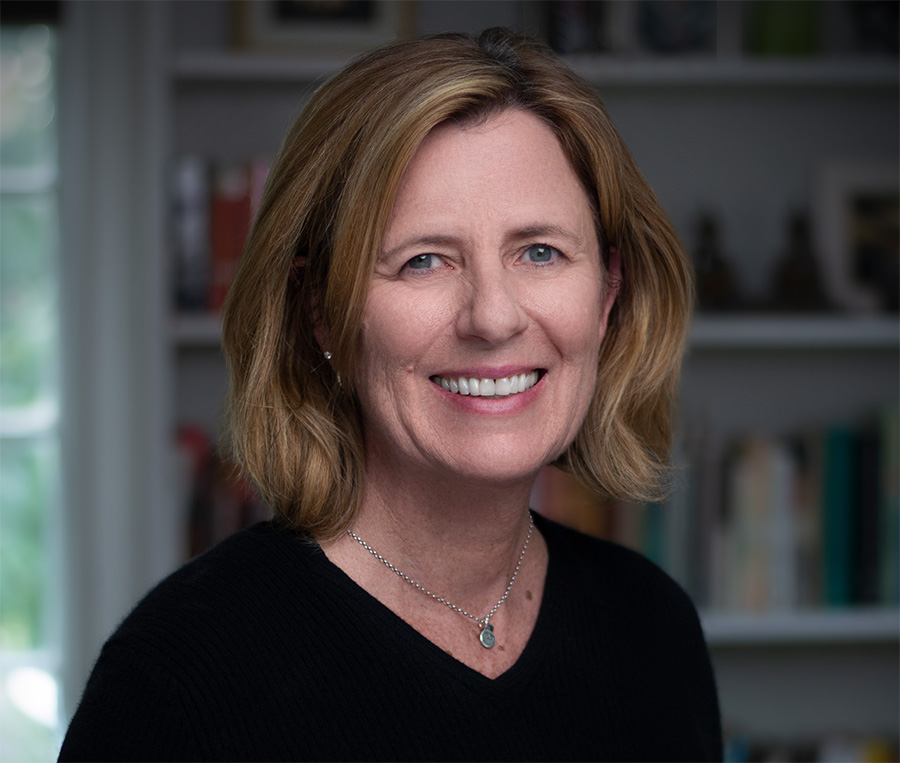Press

Gayla is available for interviews, articles, guest posts, Q&As, and commentary.
Press Kit
For publicity, contact:
Olivia McCoy
Publicist & Marketing Associate
SMITH PUBLICITY, INC.
olivia.mccoy@smithpublicity.com | 856-489-8654 ext. 1022
Interviews, News, and Events
Q & A with Gayla Turner
What inspired you to write this book? How closely does the story follow real life experiences?
When I found my grandmother’s photos, I knew they were important to me. However, it wasn’t until I started putting the pieces together that I realized how important the pictures were to our LGBTQ+ history. I talked with several talented writer friends and told them my grandmother’s story as I showed her photos. I was hoping they would offer to write the story with me, but each one of them told me the same thing, “Gayla, this is your story to tell.” But I wasn’t a writer. Writing a book was not on my list of things to do in life. I have worked in a technical profession for the last thirty years, and the only writing I had done was for reports and procedure manuals. Because writing a book was outside of my comfort zone, I tried to forget the story. However, the story did not give up on me. After a year of waking up in the middle of the night thinking about my Grandma Ruby and the other gals in the photos, I started writing the story that only I could tell. My experiences written about in the book are autobiographical and based on actual events. My Aunt Patty’s name in the story was changed because she was alive while I was writing. The storyline from over a hundred years ago is my interpretation of facts chronicled in archived newspapers articles. The names and captions on my grandmother’s photos are unchanged.
What do you think your grandmother would say if she were here today to see you publish her story?
I think she would be thrilled. I’m sure she never imagined a time when she could have legally wed the person she loved.
What kind of research went into writing this book?
I did most of my research online (Ancestry.com and Newspapers.com). I also traveled to my grandmother’s hometown twice and spent time at the local library/town archive. I talked with the town’s historical society and spent time roaming the streets and cemeteries searching for facts. Here is an example of my research: I found out who Ella was because the local newspaper wrote about Ella’s visit to town the same day the local telephone girl (Grandma Ruby) called in sick to work. I searched Ella’s name (Ancestry.com) and found her college photo and identified her as the same person in the wedding photo with my grandma. From there, I found out where Ella lived, went to school, and other details about her that I incorporated into the story. It’s amazing what you can find online.
LGBTQ+ rights have come a long way in the last hundred years, where do you think we'll be in another hundred? What changes would you like to see?
We still have a long way to go. I would love to say that when the Supreme Court ruled it unconstitutional to refuse us the right to marry, everyone accepted us with open arms. Sadly, it’s still dangerous for LGBTQ+ people depending on where you live. Our youth is our best hope for the future. But I believe young people need to understand how difficult it was to get here. Conservative states are launching organized political attacks on women’s rights, and banning LGBTQ+ books in school libraries. It’s frightening how quickly the freedoms we have today can disappear tomorrow. Representation matters. Learning about LGBTQ+ history is essential for understanding who we are and our vital role in society. I want non-LGBTQ+ people to know that we didn’t just show up fifty-years ago demanding equal rights. We have always been here, and our story deserves to be told.
What sort of impact do you hope your story makes with readers? What will they walk away with?
Finding my grandmother’s photos had a profound effect on me. When I first looked at them, I remember not feeling alone anymore. I want people to know that they are not alone. The LGBTQ+ community has always been here, and we always will be.
